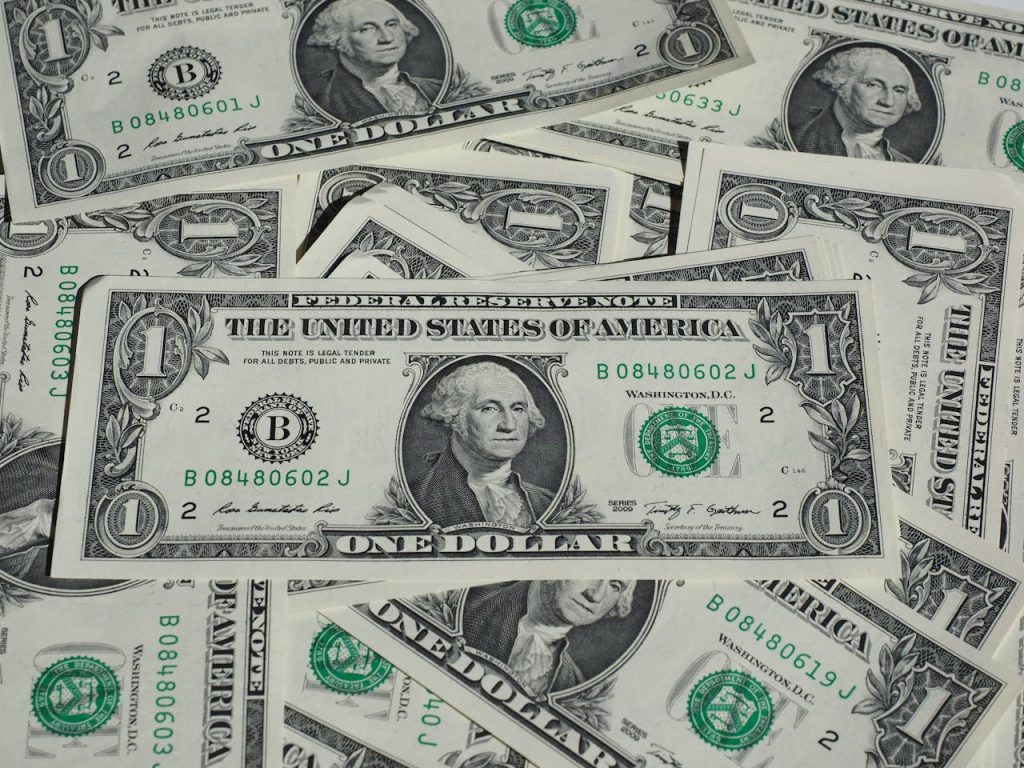
Paying with cash used to be simple. You hand over your bills, get your change, and move on. But things have changed. More businesses are moving to digital payments, and some even charge you extra if you insist on using cash. This shift can catch you off guard, especially if you’re used to cash being king. Knowing where you might face a penalty for cash payments can help you avoid unnecessary fees and frustration. Here are five places where paying with cash could cost you more than you expect.
1. Utility Companies
Many utility companies now prefer digital payments. If you walk into a payment center with cash, you might face a “processing fee.” This fee covers the cost of handling cash, which is higher than processing electronic payments. Some companies even outsource cash payments to third-party locations, like convenience stores or check-cashing outlets. These places often charge a flat fee—sometimes $1.50 or more—just to process your payment. If you pay your electric or water bill in cash every month, those fees add up fast. To avoid this, check if your utility provider offers free online payments or automatic bank drafts. If you don’t have a bank account, consider prepaid debit cards, which some companies accept without extra fees.
2. Government Offices and Courts
You might think government offices would welcome cash, but that’s not always true. Many local courts, DMVs, and city offices now charge a “cash handling fee” if you pay fines, fees, or taxes in person with cash. The reason? Handling cash takes more time and security. Some offices even require you to use a money order instead of cash, which means you’ll pay a fee to buy the money order. In some cities, paying a parking ticket in cash at a kiosk or window can cost you an extra $2 to $5. Before you head to city hall with a wad of bills, check their payment policies online. You might save money by paying with a card or through an online portal.
3. Rental Car Agencies
Rental car companies have strict rules about cash payments. Some don’t accept cash at all, but others allow it—if you’re willing to pay a penalty. This can come as a “cash deposit fee” or a “cash payment surcharge.” The fee covers the extra paperwork and risk involved with cash. It’s not unusual to see a $50 or $100 fee added to your bill if you pay in cash. Plus, you may have to provide extra identification or proof of insurance. If you’re planning to rent a car and want to pay with cash, call ahead and ask about their policy. You might find it’s cheaper and easier to use a debit or credit card.
4. Some Medical Offices and Clinics
It sounds odd, but some medical offices now charge a fee for cash payments. This is especially true for clinics that use third-party billing services. When you pay in cash, the office has to manually process your payment, which takes more time and can lead to errors. Some clinics pass this cost on to you as a “cash handling fee.” The fee might be small$3 or$5—but it’s still an extra cost. If you’re paying for a prescription or a doctor’s visit, ask about payment options before you go. Many offices offer discounts for paying with a card or through their online portal. If you don’t have insurance or a bank account, look for clinics that advertise “no cash fees” or sliding scale payments.
5. Toll Roads and Bridges
Toll roads used to be a cash-only affair. Now, many have switched to electronic tolling systems. If you insist on paying cash, you might face a penalty. Some toll booths charge a “cash surcharge” or a higher toll rate for cash payments. Others have removed cash lanes entirely, forcing you to pay by mail, which often comes with a processing fee. In some states, the cash toll can be double the electronic rate. If you travel toll roads often, consider getting a transponder or using a prepaid toll account. This can save you money and time. Always check the toll authority’s website before your trip to see the latest payment options and fees.
Why Cash Isn’t Always King Anymore
Cash used to be the easiest way to pay. Now, it can cost you extra in places you wouldn’t expect. Businesses and agencies are moving to digital payments because it’s faster, safer, and cheaper for them. For you, that means watching out for penalty fees when you use cash. The best way to avoid these fees is to check payment policies before you go. If you don’t have access to digital payments, look for businesses that still accept cash without extra charges. And if you’re hit with a cash penalty, ask if there’s a way to waive it or use another payment method next time. Staying aware of these changes can help you keep more money in your pocket.
Have you ever been surprised by a cash payment penalty? Share your story or tips in the comments below.
Read More
What Do Lawyers Say About Leaving Cash to Your Kids?
Should You Cash Out Your 401(k) If You Need Help Now?
The post 5 Surprising Places Where Cash Payments Come With a Penalty Fee appeared first on The Free Financial Advisor.







